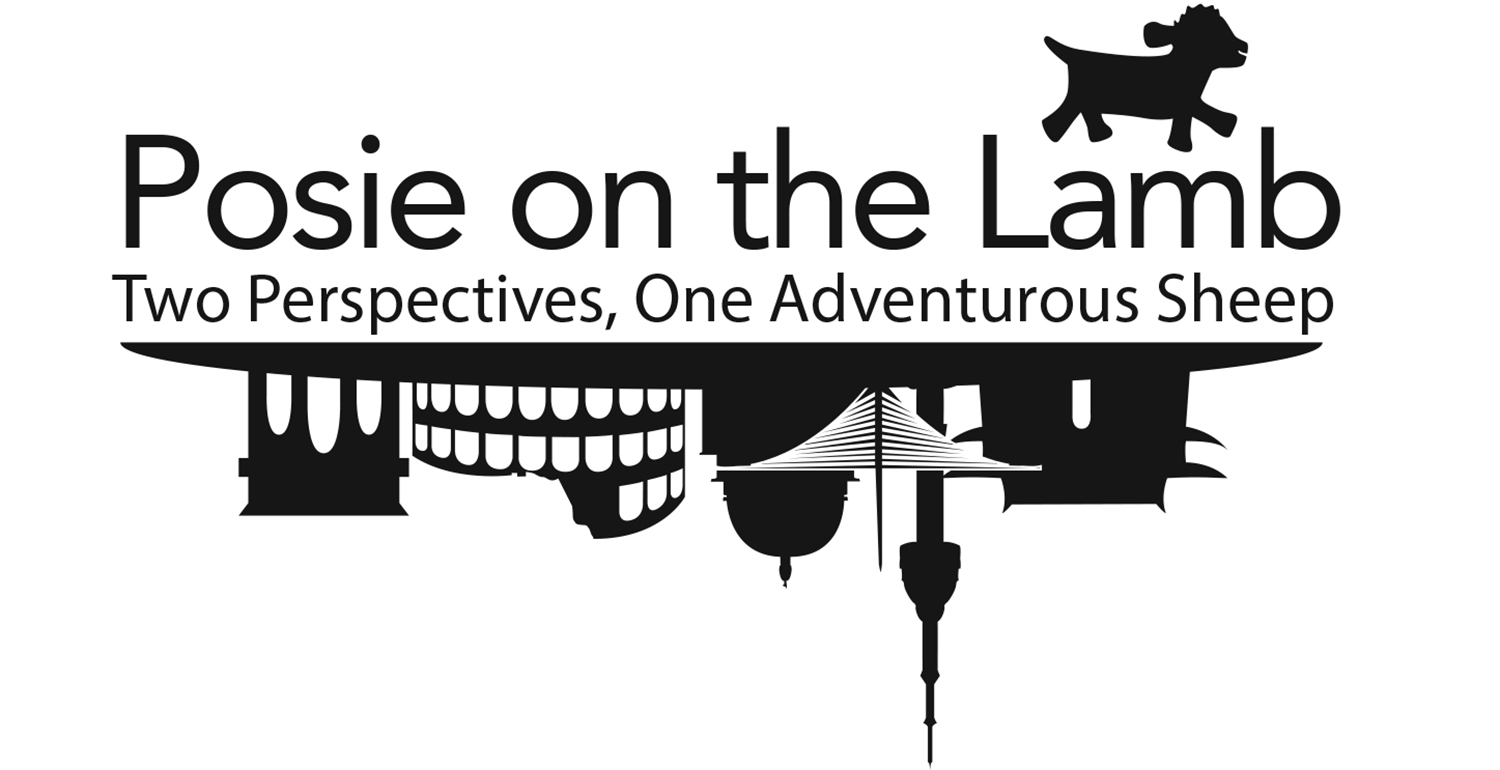Busted

That's it. I blew it. They're on to me. After two years in Korea, my fellow teachers discovered I don't know any of their names. It came up on the drive to work, surrounded by co-workers I'd known for ages. I was trapped. I could identify every kid in three schools, but I couldn't name the people in my carpool. So that turned into an awkward conversation.
In my defense, I don't know any of my students' real names; just their English ones. The ones I gave them (with the exception of any Elsas, Annas, or Olafs, of course - thanks again, Frozen). There's Mal and Zoe, Minnie and Mickey. Pablo, Olive, Lola, Liam. You think they came up with those themselves?
Korean names are difficult to remember. Well, difficult for me to remember. They're three syllables long, the family name followed by two given names. It’s rude to call someone by just their given name, at least in public. So you use full names at all times, even with children. In America, it would be the equivalent of walking up to someone and saying, "Hello Smith, Bob Jones. How are you?" Except that's the only polite way to do it over here.
In any one room, about half the people will have the surname Kim. The rest will likely be Bak, Choi, Han, or E.* Given names are, of course, highly personalized. But they're so different to my ear that I can’t even distinguish male and female. Most Korean names have roots in Chinese--people carry stamps with their Chinese 'signature' to sign important papers. Then there are the 'pure Korean' names, or names taken from the Korean language only. In America, these would be hippie names: Autumn, Sky, Cloud, Purple. I like them because they're usually words already in my vocabulary.
But the biggest reason I don't know my coworkers' names is that we never use them. It's far more polite to refer to people by title. In school, you address adults by their jobs: Principal, First Grade Teacher, Head Teacher, After School Care Room Teacher. When you use names, you never leave off the ‘Teacher,’ unless you're best buddies talking in private. My closest friends here call me Erin Teacher.
Even if you've known someone since grade school and stood in each other’s weddings and go to the sauna together every weekend, you probably still wouldn't call them by something as casual as their given name. I clearly remember the day a Korean friend invited me to call her by the First Name + Teacher combo instead of her full title. It was intimate. But if you're really close, you upgrade to something like eonni (older sister). Young women call their boyfriends oppa (older brother). Of course, they also use this for their older brothers. And their older brother’s friends. And so on.
As an American, I found this all to be intimidating, complex, and largely incomprehensible. So I played it safe and never called adults by name. I stuck to titles and bluffed my way through. Sadly, this scheme sprang a leak. It's time to start figuring out the system.
Or to start taking the bus.
-Erin
*We take a lot of liberties romanizing Korean names. For Bak (박) we say Park, as in the current president Park Geun Hye. E (이) often turns up as Lee, as with former president Lee Myung Bak.
